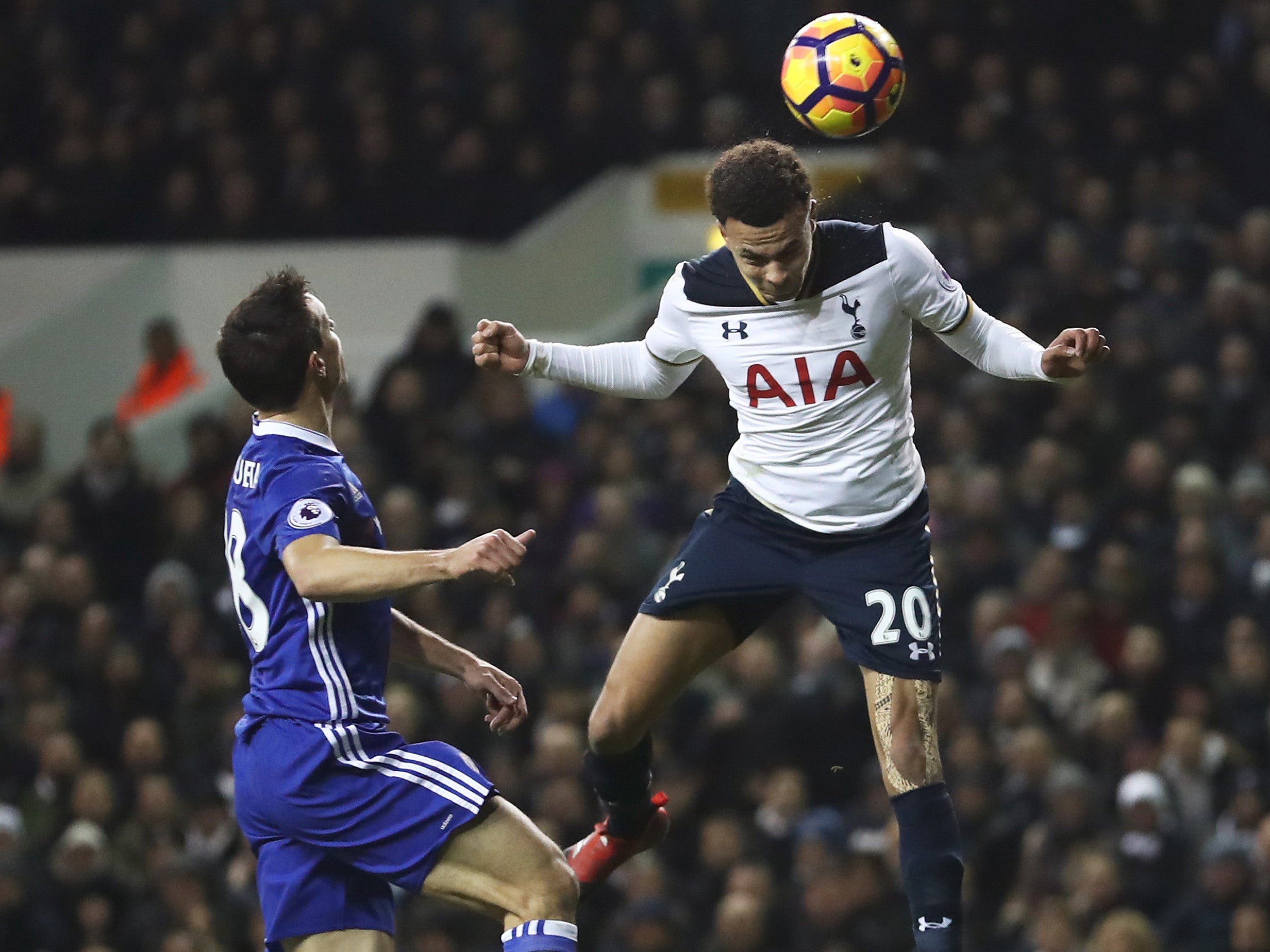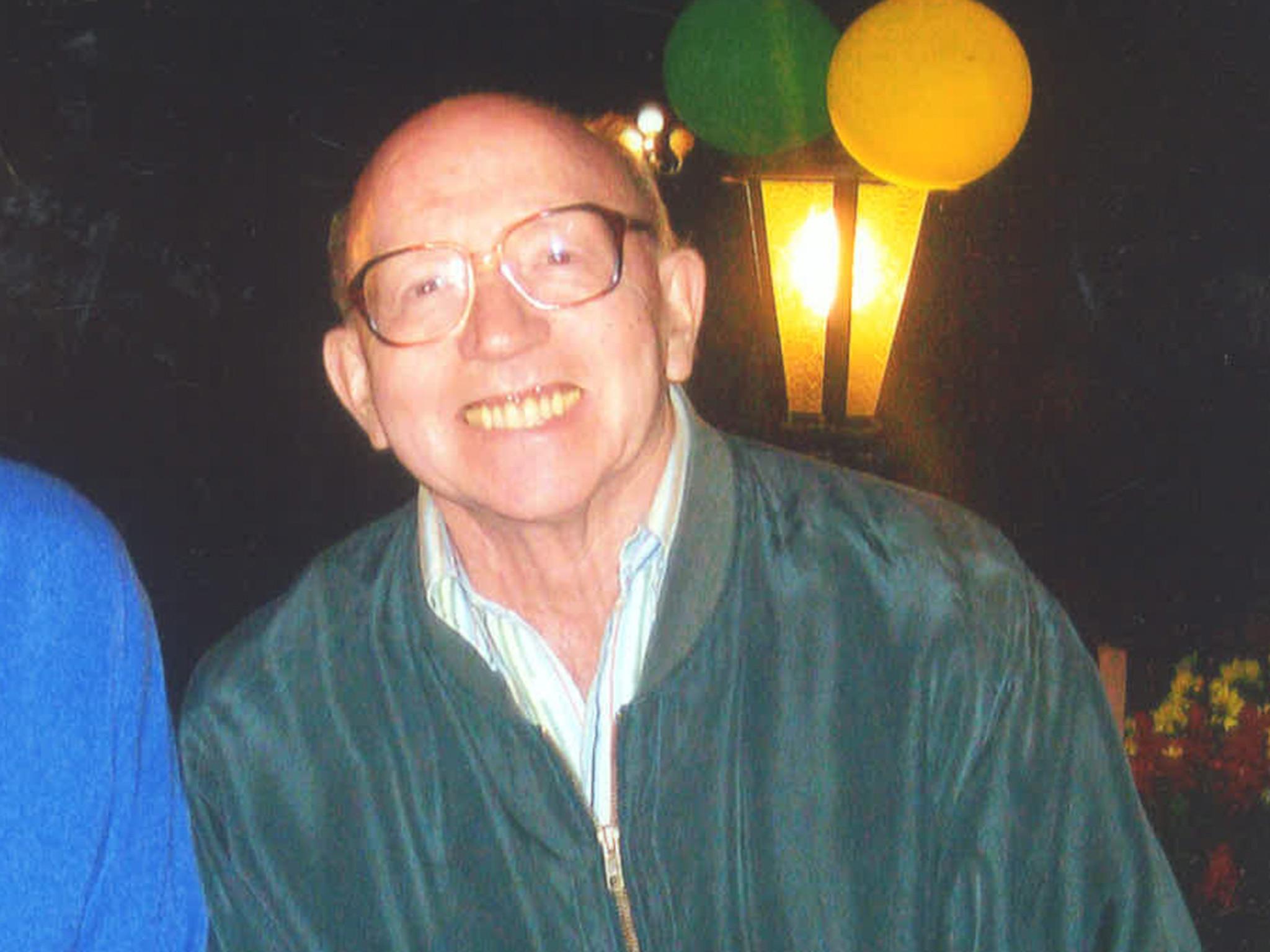Investigate dementia link for the good of British football and forget fear of pay-outs, pleads ex-NFL lawyer
Families of affected former players feel the FA are dragging their feet in fear of a wave of compensation cases

A former lawyer to the NFL has told The Independent that British football should commission research into possible connections between heading and neurological damage for the protection of young players, rather than fear compensation pay-outs which are less likely in the UK than the United States.
Concern about the effect of heading a ball over 1,500 times a year led to the publication two weeks ago of US academic research on soccer and concussion, which received widespread discussion across the Atlantic, though very little in the UK. But at the end of the week in which The Independent revealed how a cluster of dementia cases has also affected members of Bill Shankly's 1960s Liverpool team, sports law professor Jodi Balsam said that the Britain risked damaging the credibility of its sport unless it took possible links seriously.
“I would say on the medical front, the symmetry between the risk to soccer players and NFL players is very much equivalent and there should be serious medical attention given to this,” said Prof Balsam, of the Brooklyn Law School, whose time at the NFL coincided with compensation cases brought by players who said they had not been warned of the long-term dangers of concussion.
Despite growing evidence of unusually high incidence of neurological damage among UK players who headed heavy, water-soaked footballs in the 1950s and 1960s, the Professional Footballers’ Association have shown minimal appetite to push for research for its members. Families of players such as Jeff Astle and Nobby Stiles believe that the football authorities, including the Football Association, fear a wave of compensation cases and are therefore dragging their heels.
But Prof Balsam said the law of tort in the UK makes it far more difficult for the families of players with brain disease to prove liability, in the way that NFL players claimed the league failed to warn them about the risks attached to playing and then concealed research.
The bigger issue, Prof Balsam said, is how the game can be rescued from the reputational damage attached to the suspicion that it is involved in a cover-up, which in time makes parents “queasy” about their children’s involvement in it. “That would bring a diminishment of the sport,” said Prof Balsam. “People in the US are sickened about what happened to football players 10 or 20 years ago and Europe should take a page from that.”

The standard reaction of some supporters in the UK to the call for research is a suspicion that the game’s essential component of heading the ball might be taken away, though none of those calling for medical investigation are suggesting that. It was established in a 2011 study that over 90 per cent of the headers are made in training sessions and if research does demonstrate some kind of risk for certain categories of player, the game could look to whether lighter balls might, for example, be used for sessions where there are repetitive heading routines.
Prof Balsam said that establishing whether players from the last century are now afflicted with Alzheimer’s and other long-term cognitive injury because of heavy footballs is challenging. “It is very difficult, after the fact, to recreate that and, legally, it’s a hard case to bring,” she said. The Stiles family and others have expressed no wish for financial gain from any research into the links between heading and dementia but do want the decline of these former players to trigger action which might help the next generations.
This month’s published study by Dr Michael Lipton, a professor of radiology at Albert Einstein College of Medicine in New York, found that players in a top quartile for numbers of headers were three times as likely to have concussion symptoms, such as pain, dizziness and feeling dazed, compared to those players in the lowest quartile.
Join our commenting forum
Join thought-provoking conversations, follow other Independent readers and see their replies
Comments